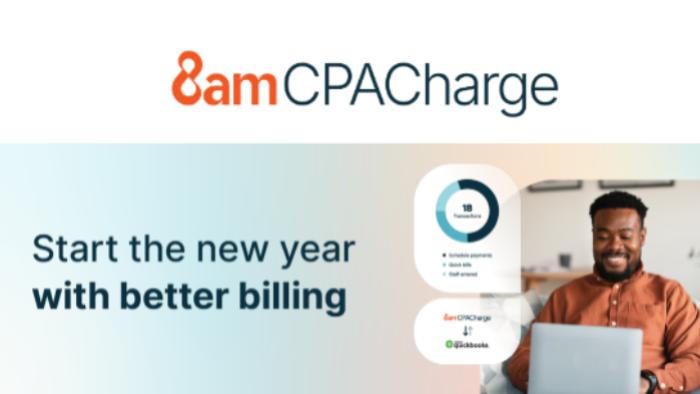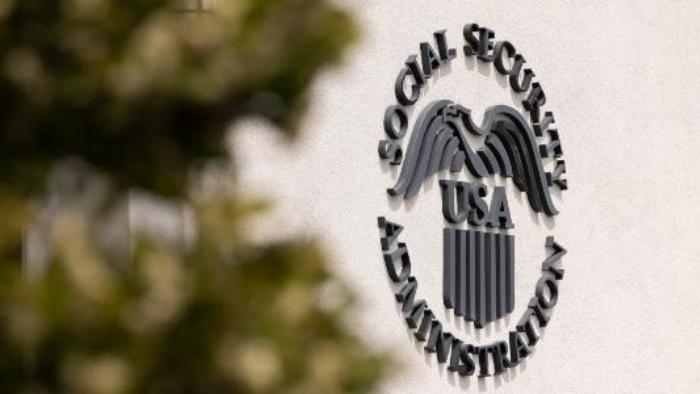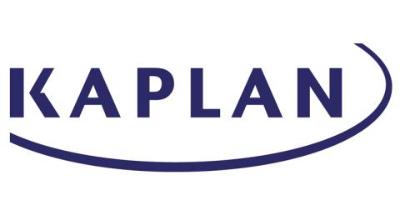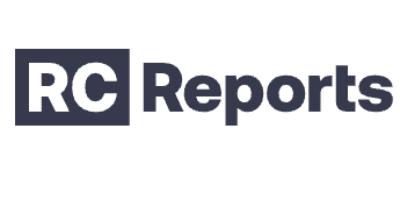Safeguarding Sensitive Data: Best Practices for Digital Security in Accounting

Embrace the Advantages of Digital Accounting Platforms While Protecting Your Clients' Most Valuable Information
In today's increasingly digital world, accounting professionals have access to a wealth of technological tools that streamline processes, improve efficiency, and enhance overall service offerings. However, with great power comes great responsibility – and in the realm of digital accounting, that responsibility lies in protecting clients' sensitive information. In this article, we'll explore best practices for keeping data safe on digital accounting platforms and delve into the intersection of digital security and accounting.
1. Implement Strong Password Policies
Using strong, unique passwords for all accounts and platforms is the first line of defense against unauthorized access. Encourage employees to create complex passwords, incorporating a mix of upper and lowercase letters, numbers, and special characters. Consider implementing a password management tool to help staff securely store and manage their passwords.
2. Enable Multi-Factor Authentication (MFA)
MFA adds an extra layer of security by requiring users to verify their identity using multiple factors, such as a password and a one-time code sent to a registered device. Enabling MFA on all accounting platforms and systems significantly reduces the risk of unauthorized access, even if a password is compromised.
3. Keep Software Up to Date
Regularly update all software, including operating systems, accounting platforms, and antivirus programs. Software updates often include critical security patches that address known vulnerabilities, making it essential to install updates promptly.
4. Use Encrypted Communication Channels
When transmitting sensitive data, use encrypted communication channels such as secure email services or messaging apps that offer end-to-end encryption. Encrypted communications ensure that data remains protected, even if intercepted during transmission.
5. Train Employees on Cybersecurity Best Practices
Educate your team on the importance of digital security and provide regular training on best practices, including recognizing phishing attempts, avoiding public Wi-Fi for work purposes, and securely disposing of sensitive information.
6. Regularly Back Up Data
Regularly back up all critical data to protect against data loss resulting from system failures, natural disasters, or cyberattacks. Store backups in a secure, offsite location or use a reputable cloud-based backup service.
7. Limit Access to Sensitive Information
Implement role-based access controls to ensure that employees can only access the data necessary to perform their job functions. Regularly review and update access permissions to maintain a "least privilege" approach.
8. Monitor and Audit System Activity
Regularly monitor and audit system activity to identify potential security threats or unauthorized access. Implementing an intrusion detection system can help automate this process and alert you to suspicious activity in real-time.
9. Develop a Data Breach Response Plan
Having a well-defined data breach response plan in place ensures that your firm can respond swiftly and effectively in the event of a security incident. Regularly review and update your response plan, and conduct periodic drills to test its efficacy.
10. Collaborate with IT Professionals
Work closely with IT professionals to ensure that your digital accounting platforms and systems are configured for optimal security. Engage with cybersecurity experts to conduct regular risk assessments and identify potential vulnerabilities.
The intersection of digital security and accounting presents both challenges and opportunities for accounting professionals. By implementing best practices for safeguarding sensitive data on digital accounting platforms, you can confidently leverage the power of technology while fulfilling your responsibility to protect your clients' most valuable information. Stay informed on the latest cybersecurity trends and invest in ongoing education to ensure that your firm remains at the forefront of digital security in the accounting industry.
Share This Article
What's Trending?
Trending topics & tools for the CPA community
How Firms are Rethinking Reasonable Comp (Quick Video)
It’s a short video and makes the value of repeatable, data-backed approach clear (especially compared to spreadsheets, gut checks and one-off calculations).
Learn how 8am CPACharge delivers clarity and confidence for accounting firms.
8am™ CPACharge brings invoices, payments, and reconciliation together in a solution designed to make your day easier from start to finish.
Seniors on Social Security Could Face $460 Monthly Cut to Benefits
Jim Komoroski, RSSA®, is quoted in Newsweek, offering expert insight into the projected monthly cuts to Social Security benefits should Congress fail to act.
Resources
Valuable information provided by our sponsors.
Specialize in Social Security
Looking to enhance your retirement planning expertise? Your solution: pursue the Registered Social Security Analyst®...
CPAdirectory members have access to discounted auto and home insurance
At CPAdirectory, we think it's a good thing to provide our members with access to...
Free CPE Course: ChatGPT for Tax Pros — Limited Offer
CPAdirectory and CCH CPELink are giving you free access to the on-demand course: ChatGPT for...
PE Deals In Accounting: Valuations, Structure, Tradeoffs
In this webinar, you’ll hear from firm leaders and industry experts who will share real-world...
Stand Out as a Trusted Social Security Expert with the RSSA® Designation
Designed for CPAs, the Registered Social Security Analyst® (RSSA®) designation provides advanced training to help...
How Firms are Rethinking Reasonable Comp (Quick Video)
It’s a short video and makes the value of repeatable, data-backed approach clear (especially compared...













